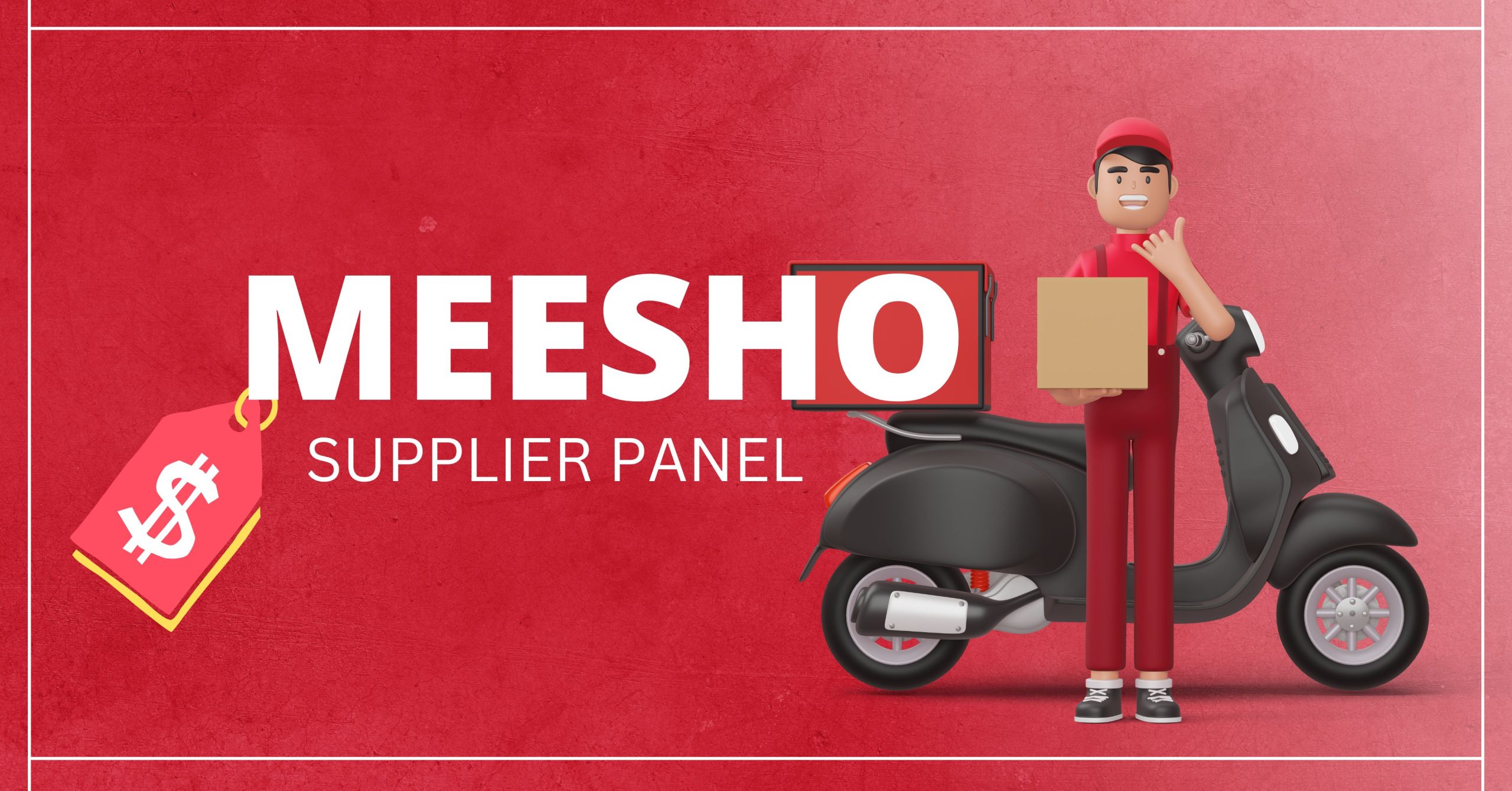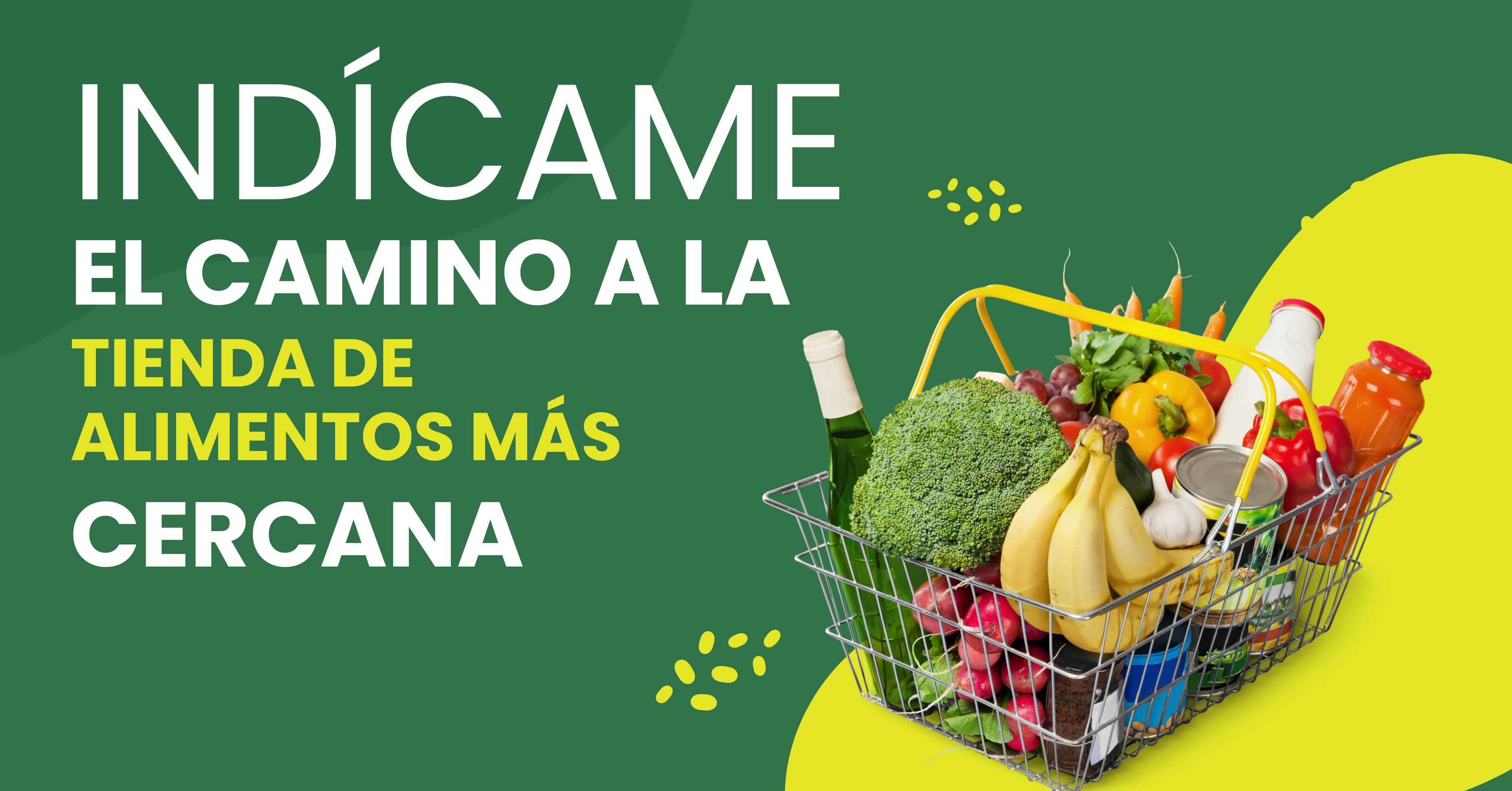Flooring is a basic necessity in every industrial setting, workshop, retail store, warehouse, and residential place. There are numerous options to choose from for the perfect flooring based on the requirement. Some popular materials are tile, granite, marble, concrete, Epoxy, and wood. Among them, Epoxy has gained some special attention in the past few years. Epoxy is used to cover floors to resist slipping and unnecessary sliding. Made from reactive polymer class polyepoxides, Epoxy is also used in metal coatings, electronics, LEDs, high-tension electrical insulators, paint brush manufacturing, and adhesives. This type of floor is specialized in electrical and heat insulation. In simple language, Epoxy is a layer of protection and ornament of a synthetic resin floor system that is applied as a top layer of concrete substrates. Epoxy consists of multiple layers of thermosetting resin that are coated, trowelled, or poured onto a concrete substrate to give it a smooth finish, as most concrete bases are robust and sturdy. Epoxy flooring is a unique approach to coating your floors and provides a safe, long-lasting, and aesthetic work environment. Epoxy is suited for residential, commercial, and industrial settings but is widely used in parking areas and residential garages.
Benefits of Epoxy Flooring
Smooth finish and Polished Look
One of the main reasons Epoxy has become so popular is its smooth finish and how well furnished it looks. The floors appeal practically seamless, giving a smooth appearance. Also, the shiny finish creates a professional and tidy look. A regular garage or warehouse would look very expensive, like a showroom. In fact, some homeowners choose high-quality epoxy flooring for their kitchen and even bathrooms. The finish gives it a more modern appearance, making it preferred over other materials.
High Safety
The main feature of epoxy floors is that they are slip-resistant, unlike marble or granite. These floors, despite having a smooth finish provide non-slippery walking. Also, being an insulator for electricity, it is shock-resistant and less acidic than other industrial materials. It’s also water-resistant, so it’ll protect your floor from spills, including harsh chemicals. Moreover, it is superior for fire resistance to most other forms of flooring.
Easy Maintenance
Just like concrete, epoxy floors are also effortless to clean and maintain. So large area settings like parking lots, garages and warehouses get a lot of work done quickly while cleaning the grime, debris, and deposits from the epoxy floors.
Durability
Epoxy flooring is also recognized for its toughness, and it will protect your floors from all kinds of damage. It is totally safe to drive on it, park on it, and place a heavy load on it. It is very tough to damage such a long-lasting and sturdy material.
How to find the best Epoxy?
There is often a lot of confusion between different epoxy solutions and which one to use. Generally, flooring contractors give you all the insights, but one must still be aware of the factors to look for in an epoxy material. Epoxy floor paints are durable resin-based paints with two components that must be combined before use. There are basically three varieties of Epoxy:
- Solid
- Solvent-base
- Water-base
#1. Solid Epoxy: The solid Epoxy hardens as soon as it is applied and is less smooth than its other variants. It is the purest form of Epoxy without any additional solvents that could evaporate. Due to its purity, it is slightly more costly than other forms of Epoxy. Also, it is somewhat difficult to handle, so choosing a professional flooring contractor for applying solid Epoxy is essential.
#2. Solvent-Base Epoxy: This type contains a significant proportion of approximately 40-60% of solids, with the rest being solvent. They penetrate and cling nicely to the concrete surface. Using a respirator during the process is necessary because the solvents are strong and potentially harmful to humans and animals.
#3. Water-Base Epoxy: Water-base epoxy also contains 40-60% solid content and water. These epoxy treatments are available at most home centres and hardware stores and gradually replacing solvent-based finishes as they do not contain hazardous solvent fumes.










